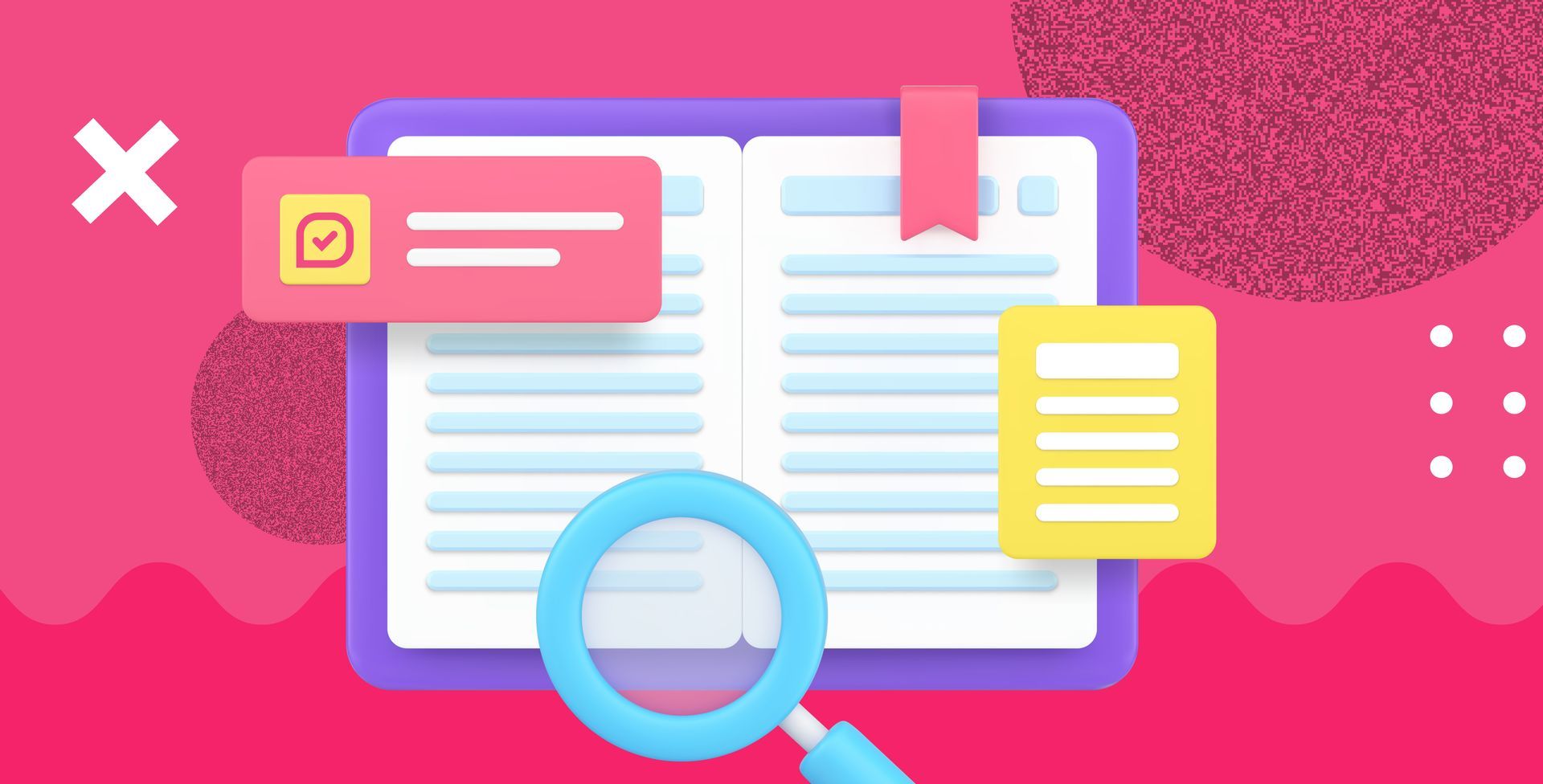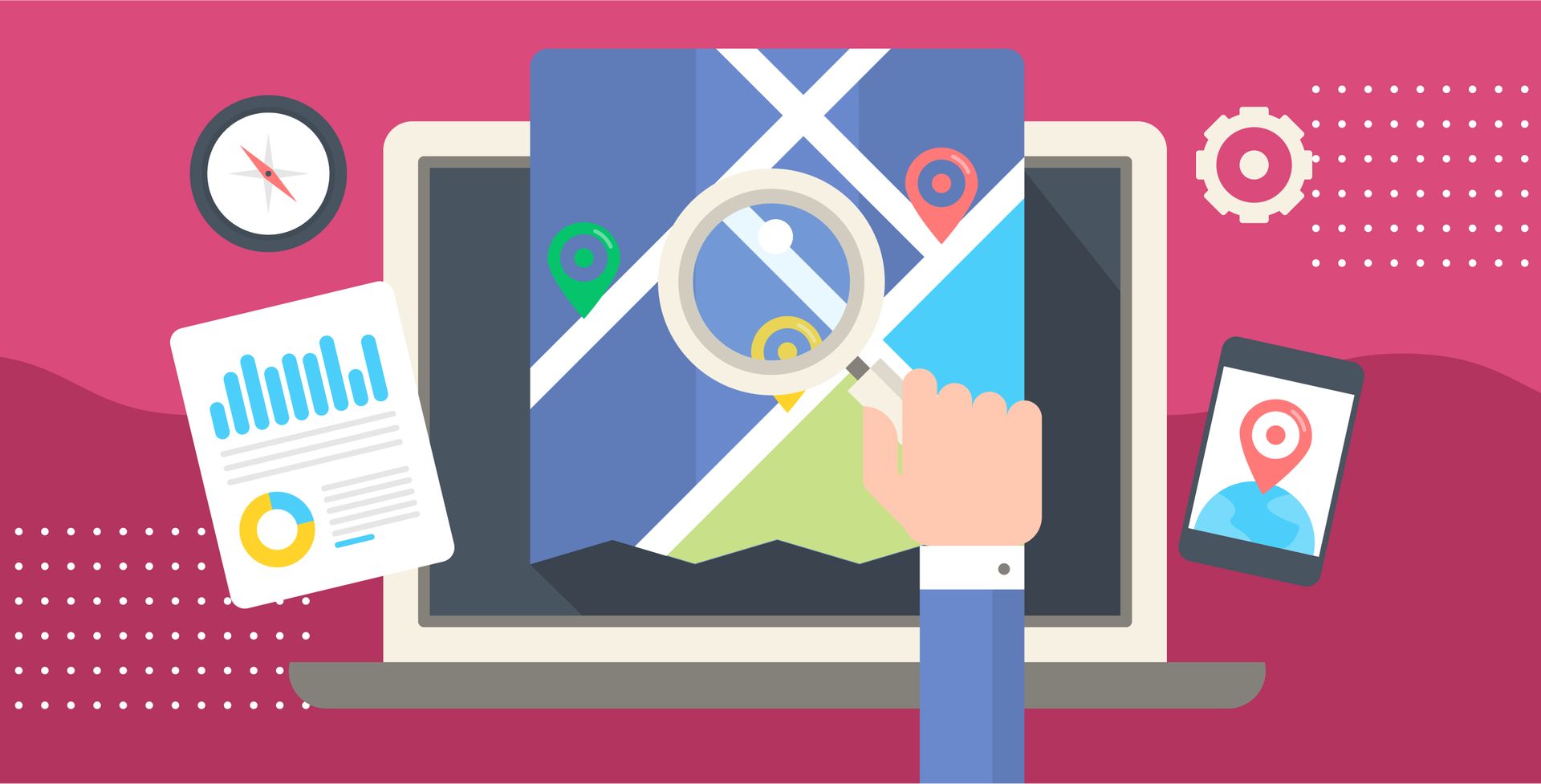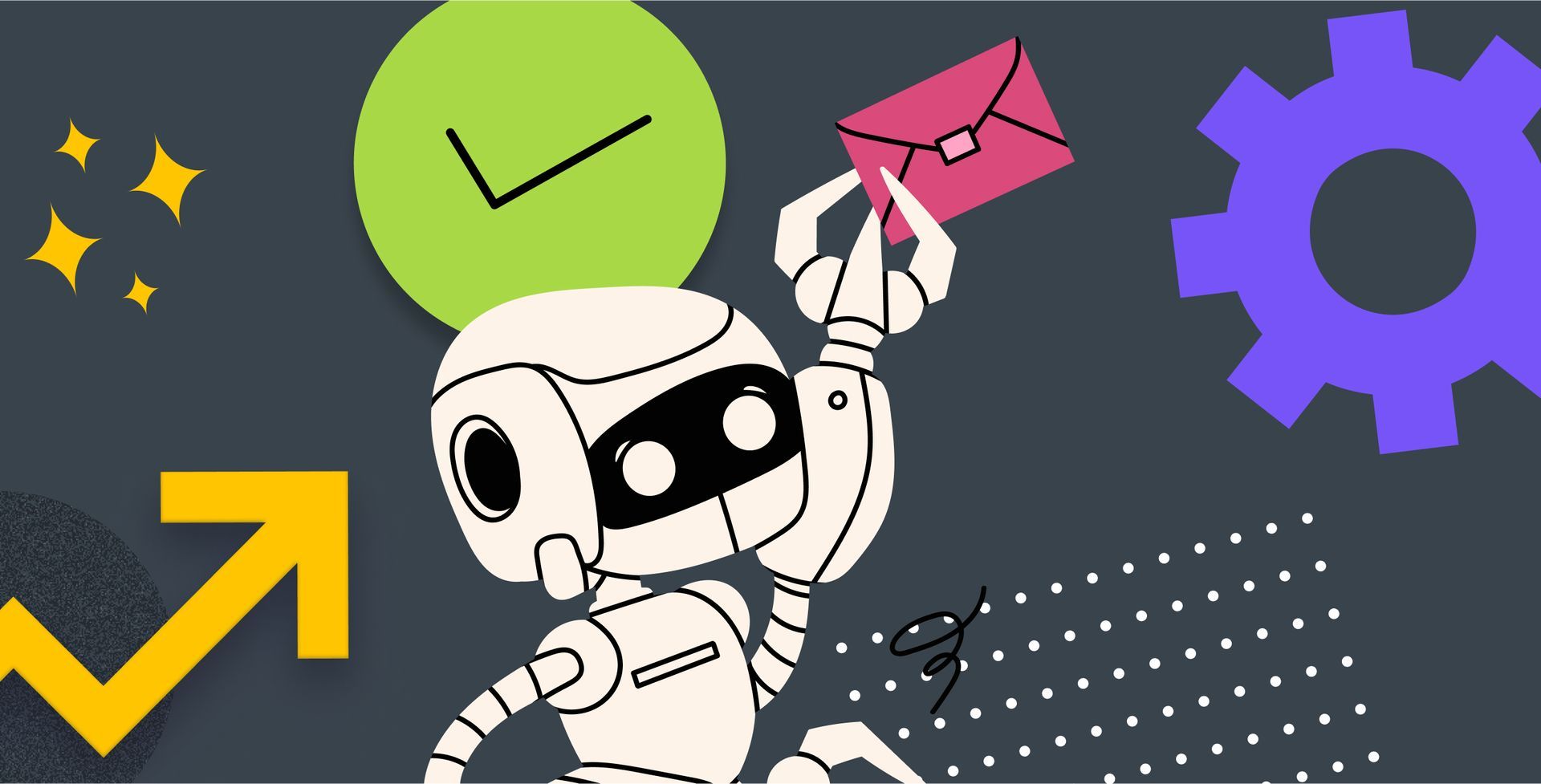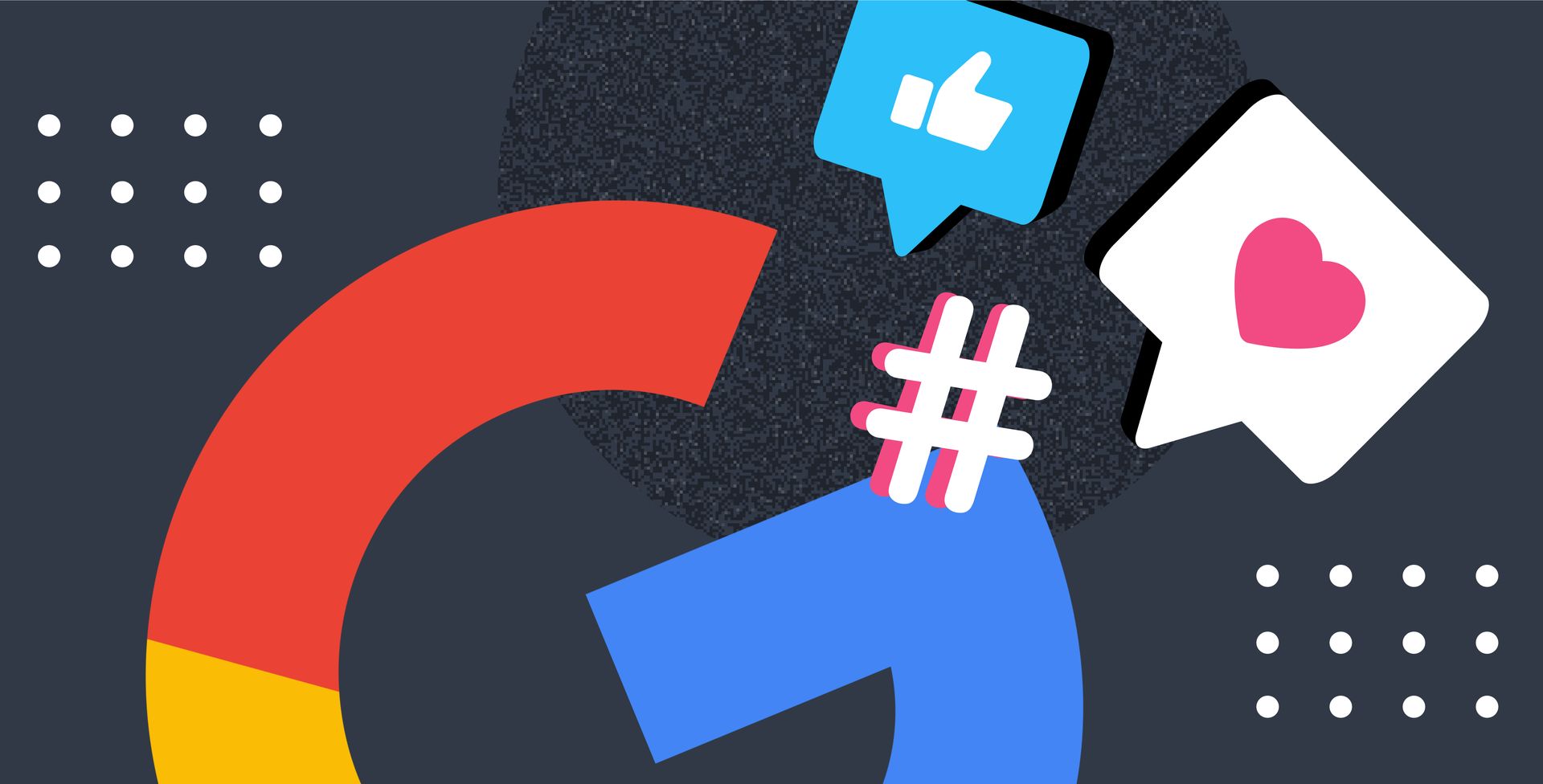Welcome back!
In part one , we looked at what AI has seen so far in the last 7 decades, how AI is propelling personalisation in marketing, how you’ll be speaking to AI through chatbots more than ever, and how you’ll be leaning on AI to automate your agency’s social media.
Today in part two, we’ll be covering:
- Voice Search Optimisation
- Programmatic Advertising
- Data Security and Privacy
- AI-powered analytics and reporting
We hope you have your second round of tea and biscuits ready!
1. Voice Search Optimisation
Adapting SEO strategies to accommodate the rise of voice search.
With the surge in the use of voice-activated gadgets and voice assistants like Siri, Alexa, and Google Assistant, agencies all over the globe are adapting their SEO to seize the opportunity in the growing popularity of voice search.
Digital marketing agencies are honing in on more conversational and natural language optimisation. This means they are tweaking their content to reflect the way people speak and focusing on long-tail keywords.
Implementing AI for natural language understanding and response
This is where AI will come in. Using NLP (Natural Language Processing) algorithms to analyse and understand the complexities of conversational language used when voice searching. This will really come in handy when it comes to local SEO and colloquialisms we would use to voice search. AI will continue helping agencies create voice-friendly content and optimise their marketing efforts for voice search queries.
2. Programmatic Advertising
Harnessing AI for real-time bidding and ad placement.
Digital marketing agencies will be heavily utilising AI for real-time bidding and ad placement to further optimise their campaign performance. Through AI algorithms, your agency will be able to analyse colossal amounts of data in real-time, taking into account factors like user behaviour, demographics, and browsing history.
AI predicts the likelihood of a user engaging with an ad based on this data to allow dynamic adjustments to bidding strategies.
Ad placement precision
Algorithms will be able to boost ad placement precision with its predictive analytics capabilities, based on historic performance data. Repeatedly learning from user interactions and tweaking ad placement with ever-changing patterns and trends.
Ad budgeting and ROI
AI determines the optimal bid for every single impression, improving the chances of reaching your target audience all whilst staying within budget constraints.
By leveraging these algorithms, your agency will be able to streamline its optimisation process, improve targeting precision and maximise the ROI for their clients’ advertising campaigns.
3. Data Security and Privacy Compliance
Employing AI-powered tools to enhance data security and fraud protection
Marketing agencies will utilise AI algorithms to analyse user behaviour patterns and detect anything strange that may indicate fraudulent activity like click fraud or fake leads. As I mentioned above, machine learning continuously analyses and learns from historical behaviour, meaning they can easily identify new types of fraud as it emerges.
Adhering to dynamic privacy regulations within the digital marketing landscape
More and more, digital agencies will be leaning on AI to navigate the constant change in privacy regulations. AI will facilitate adherence to dynamic privacy regulations with:
- Automated Compliance Monitoring
- Data Governance and Consent Management
- Dynamic Personalisation without Privacy Intrusion
- Adaptive Data Security Measures
Creating client trust through transparent AI-driven data practices
A lot of people are still weary of AI, so fostering trust with your clients in the context of AI-driven data practices has to involve clear communication, ethical considerations, and proactive measures to address your client’s concerns.
Reassuring your clients that your agency has adopted ethical guidelines in the use of AI and curating clear and jargon-free consent processes will put them at ease and avoid them being put off because you’re using AI.
4. AI-Powered Analytics and Reporting
A common theme in marketing with AI in 2024 is its ability to quickly analyse huge datasets, leaving you with precise information and predictions, enabling you and your agency to optimise your marketing efforts, without putting in all of the leg work.
Implementing AI for advanced marketing analytics and performance tracking
The transformative capabilities of AI to level up marketing analytics and performance tracking will be embraced by digital agencies all throughout 2024. Thanks to these AI-powered solutions, you can deep dive into heaps of data and find super valuable insights at your fingertips that traditional analytics tools might miss.
With AI’s ability to learn from a campaign’s performance, it’ll act as a proactive marketing side kick, which will give you the inside scoop on your campaigns and how to tweak them, before you even know it needs doing.
It’ll create a deeper understanding of what your target audience responds to, their preferences and engagement quirks giving your agency insider access and the ability to put your marketing budget into the right channels.
Implementing AI in this way will save you a lot of time and bring you a lot of invaluable data, which, to obtain manually, may take a whole lot longer or you may not get it altogether.
Generating actionable insights from large datasets using machine learning.
We’re used to using traditional analytics tools which rely on predefined rules and queries, which are effective but in comparison to AI analytics, they’re quite limited. Traditional analytics will tell you what is there, but aren’t able to come up with new pattern recognitions and trends. This is something you’d need to identify manually, which would obviously be very time consuming.
However, weaving AI into your reporting processes will give you tangible and actionable insights in real time or even ahead of time with it’s prediction abilities. So while you’re doing the juicy creative stuff, AI will be running in the background telling you all about:
- How you can personalise your content and tailor it to your audience to give it a better chance of being well received and engaged with
- The most effective times for ad placements, to ensure your target audience sees it
- How to create a dynamic pricing strategy by looking at market trends, competitor pricing and audience behaviours to allow you to maximise revenue and stay competitive
- How you can better refine customer segments or even identify new ones based on evolving preferences. Making your campaigns more effective and relevant
- How you can optimise your social media campaigns based on social interactions that result in gauging public sentiment toward a brand or campaign
- How to identify touch points in the customer journey that contribute the most to conversions. So your agency can optimise your marketing efforts at the most crucial stages
Streamlining reporting processes and presenting data-driven recommendations
AI analytics facilitates the generation of automated reports by setting predetermined templates, rules and parameters. This reduces the time spent by your agency gathering data and compiling these reports by hand allowing your team to focus on strategies and delivery.
You can also set up customised dashboards that give you all of the numbers and figures you need at a glance, you can set these to update at a frequency to suit or in real-time.
Additionally, as part of your reporting process, you can add AI’s ability to provide predictive analytics and make recommendations for future work and campaigns based on those. Continuous monitoring and alerts will also serve as an effective part of your reporting streamlining, as you’ll be able to create alerts when predefined thresholds are met. This proactive approach allows agencies to respond swiftly to changes and anomalies.
In conclusion, AI is changing the game
AI has significantly changed the digital marketing landscape by revolutionising data analysis, customer insights, and campaign optimisation. It allows digital marketing agencies to automate so many important aspects of day-to-day tasks. It allows you to create precision in your agency’s targeting, personalise your content and ads, and make real-time adjustments to your ad campaigns overall enhancing the effectiveness of your marketing efforts, not only for your agencies but your clients too.
Ultimately, AI has accelerated the entire digital marketing landscape, offering endless opportunities for marketers to engage, understand and convert their target audiences.
It can be daunting putting your business processes in the hands of AI, but to stay ahead of the curve, stay competitive and make your agency’s processes efficient and streamlined, AI in 2024 is a must. As your agency grows and scales, you’ll need these processes simplified to keep up with client demands and maintain the excellent service you already provide.
Be sure to keep up to date with all of the AI happenings that are coming by signing up for newsletters , blogs, podcasts and YouTube channels.
Happy AI-ing!
 The Insites Team
The Insites Team















